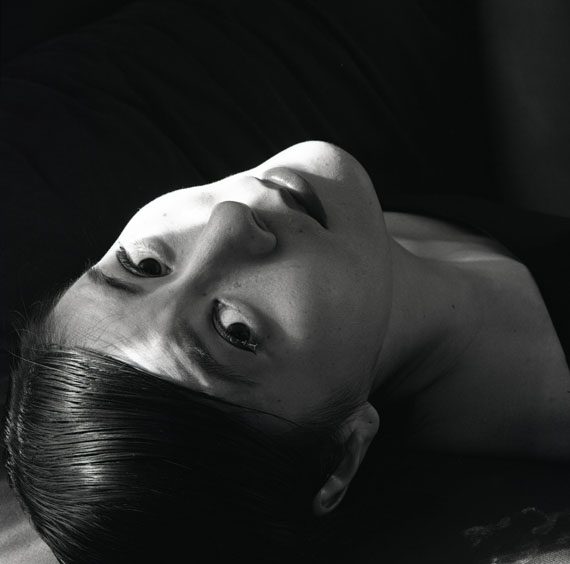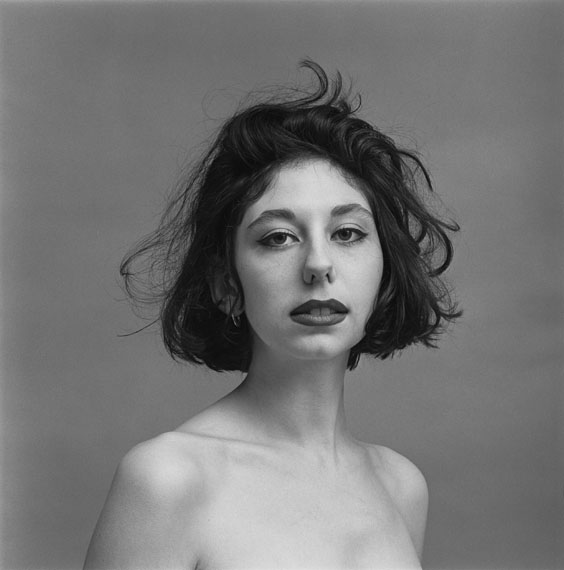
Philip Mechanicus »
Philip Mechanicus - Photographer
Exhibition: 24 May – 27 Oct 2013
Thu 23 May
Jewish Historical Museum
Nieuwe Amstelstraat 1
1011 PL Amsterdam

Joods Cultureel Kwartier | Jewish Cultural Quarter
Nieuwe Amstelstraat 1
1011 PL Amsterdam
+31 (0)20-5310310
Daily 11-17

Philip Mechanicus
Photographer
Exhibition: 24 May to 27 October 2013
The first exhibition to survey the work of the Amsterdam photographer Philip Mechanicus will open at the Jewish Historical Museum on 24 May. The exhibition offers an overview of Mechanicus’s many-faceted photographic work. Along with many portraits of writers, actors, and artists, it includes street photographs that he took in and around Waterlooplein in Amsterdam, as well as examples of his independent work and commercial photography.
Philip Mechanicus (1936–2005) developed a unique personal style over his career as a photographer, showing an almost un-Dutch fascination with aesthetics, form and structure. Mechanicus was best known for his black-and-white portraits of figures from the cultural world, such as Matthijs van Nieuwkerk, Marlene Dumas and Remco Campert. In a time when snapshot-like portrait photographs were all the rage, these austere, posed studio portraits became his trademark. From the 1960s onwards, his photographs were published frequently in leading newspapers and magazines, such as Hollands Diep and NRC Handelsblad.
Mechanicus grew up in Amsterdam’s old Jewish quarter. Thanks to his parents’ mixed marriage, they and their children – Philip and his four sisters – survived the war. Philip’s mother came from Germany and was not Jewish. Young Philip took an evening course at Amsterdam’s school of applied arts (now the Gerrit Rietveld Academie) and received his photographic training from 1956 to 1959 as an assistant to the photographer Ad Windig. After that, he rapidly established his reputation as an independent photographer, with many assignments in the areas of journalism, advertising, portraiture, and exhibitions. In 1965, he won the City of Amsterdam’s Photo Prize.
In the late 1950s and early 60s, Mechanicus took many photographs in the Waterlooplein neighbourhood where he had grown up, wandering the streets there for hours at a time with a borrowed Rolleiflex camera. He had an eye for the melancholy atmosphere of the deserted streets, but also for the high spirits of the children at play there, for whom the ruined neighbourhood and its heaps of rubble formed the ideal playground. It was not until many years later, in the 1980s and 90s, that Mechanicus presented some of these street photographs to the public, and even now a large number have never been exhibited or published.
�

The exhibition consists of around 150 photographs, mainly vintage prints, from the collections of the Jewish Historical Museum, the Maria Austria Instituut, the writer K. Schippers (a very close friend of Mechanicus’s), Maarten van Haaff (Mechanicus’s assistant), and others. This exhibition is a joint production of the Jewish Historical Museum, the Stichting Philip Mechanicus, and the Maria Austria Instituut.
Publication:
The publishing house of Lubberhuizen has produced the accompanying photo book Het straatjongens book (‘The street urchins’ book’), with some 70 photos of children in the streets of Amsterdam, taken by Philip Mechanicus in the 1950s and 60s. It includes an introduction (in Dutch) by the writer Auke Kok. The price of the book is €12.95.
